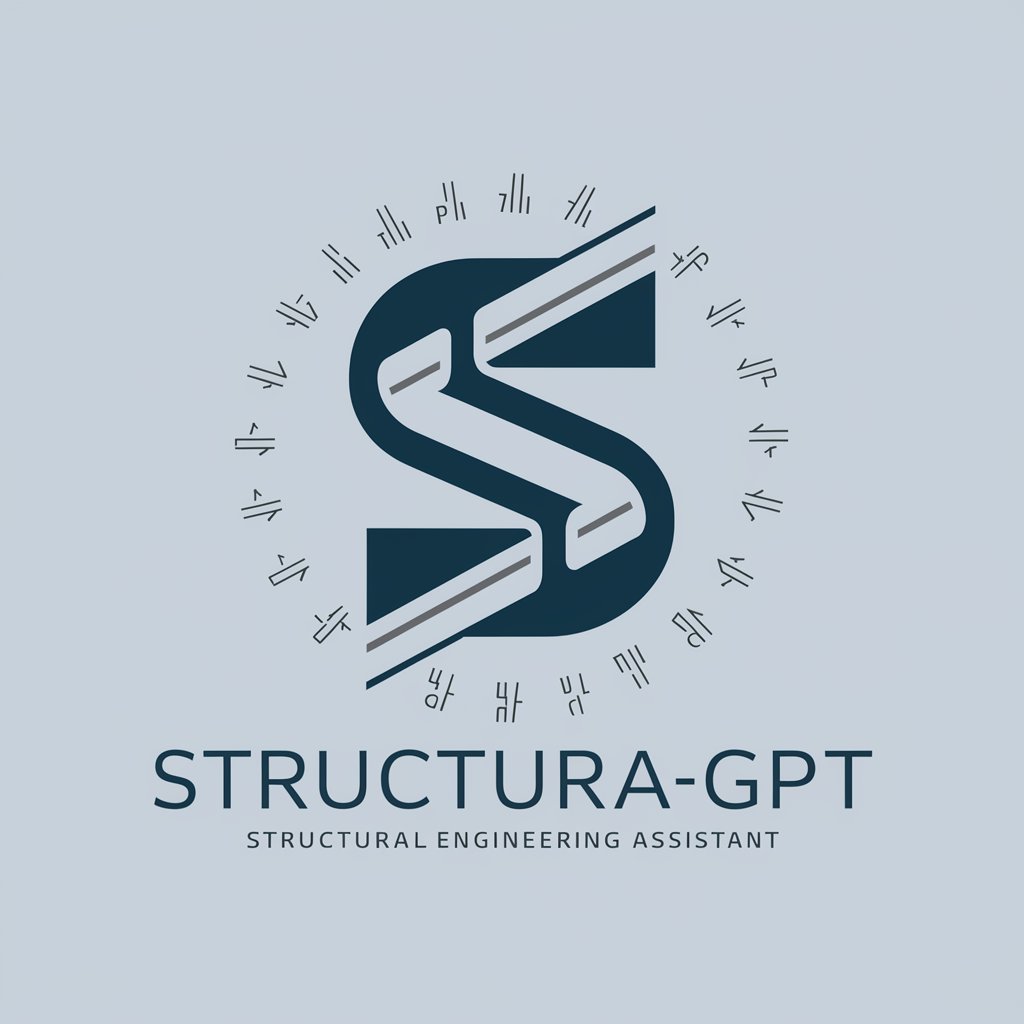
Storage Engineer - Storage Engineering Expertise

Welcome! How can I assist you with your storage engineering needs today?
Elevate Your Storage Solutions with AI
Can you suggest strategies for optimizing data retrieval speed in SAN systems?
What are the latest advancements in NAS technology?
How can we improve the scalability of our current storage solutions?
What are the best practices for ensuring data reliability in large-scale storage systems?
Get Embed Code
Overview of Storage Engineer
Storage Engineer, as a specialized role within the broader field of IT and data management, focuses on designing, implementing, and managing solutions for storing and retrieving data efficiently and securely. This includes a wide range of responsibilities, from selecting and configuring physical storage hardware, like Hard Disk Drives (HDDs) and Solid-State Drives (SSDs), to deploying advanced software-defined storage (SDS) solutions. Storage Engineers ensure data is accessible, protected, and performs optimally across different environments, whether on-premises, cloud, or hybrid systems. For example, they might design a multi-tier storage architecture that automatically moves data between high-speed SSDs for critical applications and cost-effective HDDs for archival purposes. This ensures that data is stored in the most appropriate location based on access frequency, security requirements, and cost constraints. Powered by ChatGPT-4o。

Core Functions of Storage Engineer Services
Design and Implementation of Storage Solutions
Example
Creating a scalable SAN for a growing enterprise that requires high-speed connectivity and data transfer rates for critical operations.
Scenario
A Storage Engineer assesses the company's current and projected data storage needs, selects appropriate SAN hardware and software, and integrates it into the existing IT infrastructure, ensuring it supports both current needs and future growth.
Data Backup and Recovery Planning
Example
Implementing an automated backup solution that uses deduplication to reduce storage needs and ensure data is recoverable after a disaster.
Scenario
Developing a strategy that identifies critical data sets for an online retailer and implements a backup solution that minimizes downtime and data loss in case of system failure, thus safeguarding the retailer's operations and customer data.
Performance Optimization and Monitoring
Example
Using software tools to monitor I/O operations and tweak caching mechanisms to improve database query response times.
Scenario
A Storage Engineer uses performance monitoring tools to identify bottlenecks in a database-driven application and adjusts storage system configurations to optimize data retrieval times, enhancing the application's overall performance.
Target User Groups for Storage Engineer Services
IT Professionals and System Administrators
Individuals responsible for ensuring the smooth operation of an organization's IT infrastructure, who would benefit from Storage Engineer services to enhance system performance, reliability, and scalability. Their focus on maintaining uptime and optimizing data storage and retrieval processes makes them prime candidates for these services.
Data-Intensive Businesses
Companies for whom data is a critical asset, including e-commerce platforms, financial services firms, and healthcare organizations. These entities require efficient, secure, and scalable storage solutions to manage large volumes of data, making them ideal users of Storage Engineer services.
Cloud Service Providers
Organizations that offer cloud computing services, such as Infrastructure as a Service (IaaS), Platform as a Service (PaaS), or Software as a Service (SaaS), and need to manage petabytes of data across distributed infrastructure. Storage Engineers help optimize storage architectures for cloud environments, ensuring data is stored cost-effectively and can be accessed rapidly on demand.

Getting Started with Storage Engineer
1
Start by visiting yeschat.ai to explore Storage Engineer capabilities without the need for a login or ChatGPT Plus subscription.
2
Familiarize yourself with the tool's features by reviewing the documentation provided on the site, focusing on how it supports storage engineering tasks.
3
Identify your specific storage engineering needs, such as optimizing data retrieval, implementing scalable storage solutions, or troubleshooting existing systems.
4
Engage with Storage Engineer by posing specific, detailed questions or scenarios related to your storage systems, ensuring clarity and technical depth in your queries.
5
Leverage the insights and recommendations provided by Storage Engineer to enhance your storage systems, applying the advice to practical, real-world situations for optimal results.
Try other advanced and practical GPTs
Storage Organizer
Transform spaces with AI-powered organization.

Photo Storage
Automate your image cataloging with AI

Storage Insights
Revolutionizing Storage Management with AI

Storage Mate
Your AI-Powered Maintenance Partner

Harry
Empowering coders with AI-driven insights

Larry
Empowering your coding journey with AI.

Storage Rack Insight Expert
Guiding Rack Certification with AI

Floral Thanks
Crafting Personalized Thanks with AI

Five Dollar Thanks
Empowering personalized expressions of thanks with AI.

Thanos
Sharpen your coding skills with AI-driven challenges.

Thank G
Empowering creativity and efficiency with AI.

Blog Thanos
Elevate Your Blog with AI-Powered SEO Content

Frequently Asked Questions about Storage Engineer
What is Storage Engineer best used for?
Storage Engineer is best used for providing expert guidance on designing, optimizing, and troubleshooting SAN and NAS storage systems. It helps in enhancing data retrieval speeds, ensuring scalable and reliable storage solutions, and keeping abreast of the latest developments in storage technologies.
Can Storage Engineer help with choosing between iSCSI and Fibre Channel?
Absolutely. Storage Engineer can offer detailed comparisons, highlighting the advantages and disadvantages of using iSCSI versus Fibre Channel in various environments, helping you make an informed decision based on your specific storage requirements and network infrastructure.
How does Storage Engineer stay updated with the latest in storage technology?
Storage Engineer leverages a comprehensive database of storage engineering knowledge, including the latest research, trends, and advancements in storage technology, to provide up-to-date advice and solutions.
Can I get advice on data backup strategies from Storage Engineer?
Yes, Storage Engineer provides advice on implementing efficient and reliable data backup strategies, including the use of different backup technologies, scheduling practices, and data recovery techniques to ensure data integrity and availability.
How can Storage Engineer assist in optimizing my storage system's performance?
By analyzing your specific storage setup and requirements, Storage Engineer can recommend strategies for optimizing data retrieval rates, reducing latency, improving system scalability, and ensuring the overall efficiency and reliability of your storage infrastructure.





